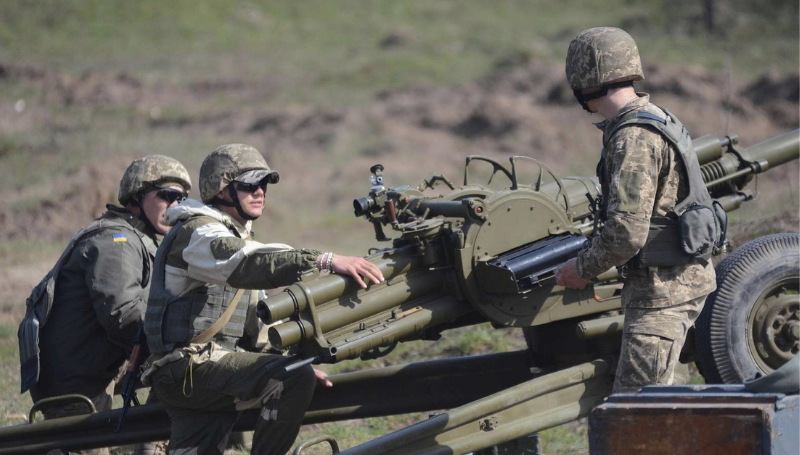Taras Fedirko
WSJ, May 26, 2022
“The war that began in 2014 permanently transformed Ukrainian politics.”
“War made the state, and the state made war,” the sociologist Charles Tilly once wrote. Success on the battlefield, he observed, required states to construct the powerful, centralized institutions that would define them in the modern era—institutions with the coercive power to effectively extract taxes and draft soldiers, for example.
Tilly’s theory might seem distant from the current war in Ukraine. But war has profoundly shaped Ukraine’s political institutions at least since the aftermath of World War II, and it now looks certain to do so well into the future.
When Ukraine became independent in 1991, defense was its most advanced industry.
In the early 1950s, the U.S.S.R. sought to revive its devastated cities by means of its defense industry. The Soviet leadership chose the southern Ukrainian city of Dnipropetrovsk (today, Dnipro) for the construction of a new satellite and intercontinental ballistic missile plant, known today as Pivdenmash. Dnipropetrovsk’s defense production grew at pace with the Soviet arms race against the West. And while none of its missiles were launched at their intended targets, Dnipropetrovsk became the launching pad for the careers of numerous Soviet statesmen: For three decades, officials affiliated with the city’s military industry rose through the ranks to occupy leading roles in various ministries, the KGB and the Communist Party.
Dr. Fedirko is a social anthropologist at the University of St Andrews, where he researches the political economy of war and media in Ukraine.
Appeared in the May 28, 2022, print edition as ‘The Military Roots of Modern Ukraine’.
To view the original article, click here


